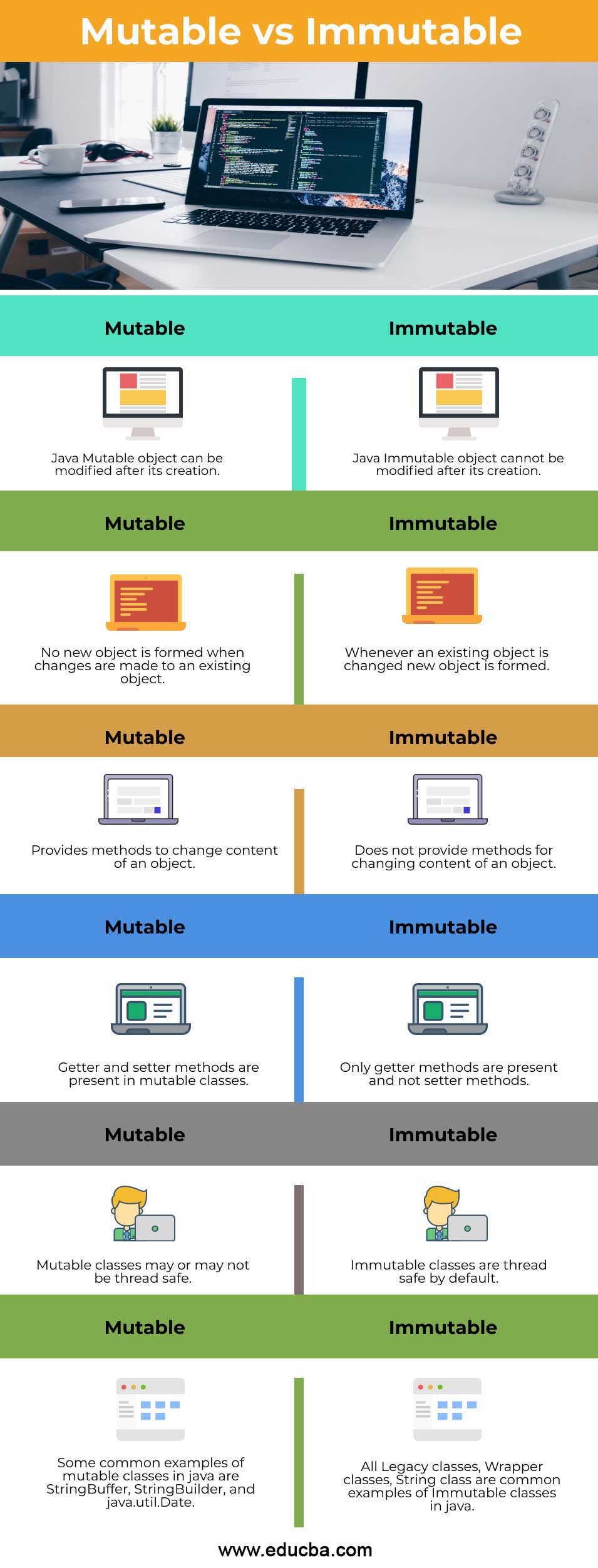What Is Immutable Strings and How It Works
In the world of programming, understanding the idea of unalterable strings is paramount for producing secure and robust applications. Immutable strings describe strings that can not be modified after they are produced, making sure information stability and predictability within the code. This fundamental concept plays an essential role in different programs languages and supplies an unique strategy to dealing with data. By exploring the intricacies of just how immutable strings operate, one can reveal a world of benefits and possibilities that can elevate the top quality and performance of software growth.
The Fundamentals of Unalterable Strings
Unalterable strings, as a fundamental concept in programs, are character sequences that can not be changed as soon as they are developed. This indicates that as soon as a string is designated a worth, that value can not be altered. In languages like Python and Java, strings are unalterable things, causing various ramifications in terms of memory monitoring and information stability.
One of the crucial advantages of unalterable strings is that they offer a feeling of safety and security in information control. Because the web content of an unalterable string can not be modified, it ensures that the initial information remains intact, reducing the danger of unplanned modifications during program execution (Why are strings immutable in Java?). This home additionally simplifies debugging procedures, as programmers can trust that once a string is defined, its value will certainly not be inadvertently modified
When a brand-new string is created based on an existing one, rather than changing the original string, the new value is kept individually. In general, comprehending the essentials of unalterable strings is critical for grasping programming principles and optimizing code efficiency.
Benefits of Immutable Strings
Structure upon the security and performance advantages of immutable strings, their advantages extend to improving code integrity and streamlining concurrent shows jobs. By being unalterable, strings can not be customized after development, which gets rid of the risk of unintentional changes in the data they save. This intrinsic immutability makes sure that when a string is developed, its worth stays continuous throughout the program's execution, reducing the opportunities of insects brought on by unexpected changes.
In addition, unalterable strings add to code integrity by making it less complicated to reason regarding the state of a program. Considering that strings can not be transformed, designers can trust that a string will always hold the very same worth, streamlining debugging and maintenance efforts. This predictability causes much more reliable and steady codebases.

Execution in Programs Languages
Within various shows languages, the consolidation of unalterable strings is a fundamental aspect that affects how information is managed and manipulated within code frameworks. The application of unalterable strings varies throughout different programs languages, with each language supplying its own systems to sustain this concept.

On the other hand, languages like C and C++ do not have built-in assistance for immutable strings. Developers in these languages need to manually apply immutability by enforcing policies within their code to avoid straight adjustments to string objects.
Finest Practices for Dealing With Unalterable Strings
When dealing with unalterable strings in programming languages like Java and Python, adhering to ideal practices makes certain safe and secure and efficient view publisher site information manipulation. One of the vital best practices is to utilize StringBuilder or StringBuffer rather than directly adjusting strings, especially when handling extensive concatenation procedures. These classes supply mutable choices for string control, helping to prevent unneeded memory allotments and improving efficiency.
An additional finest method is to utilize string interpolation or format functions provided by the language as opposed to manual concatenation. This not only enhances readability yet likewise aids in stopping typical pitfalls such as unintended string adjustments. In addition, when working with delicate data such as passwords or API keys, it is essential to prevent saving them as plain message in immutable strings. Utilizing safe storage space devices like char arrays or specialized collections for taking care of delicate details aids alleviate protection risks associated with unalterable strings.
Real-world Applications and Examples
Discovering sensible executions of immutable strings in various sectors reveals their significant effect on data honesty and system reliability. In the medical care field, immutable strings play a vital role in making certain the protection and privacy of individual data. By stopping unauthorized alterations to delicate info such as clinical documents and prescriptions, immutable strings help preserve compliance with strict privacy regulations like HIPAA.
Monetary organizations likewise gain from the unalterable nature of strings to enhance the security of consumer data and transaction records. Unalterable strings help stop fraud and unapproved modifications to economic information, supplying a durable protection versus cyber dangers and making sure the trust fund and self-confidence of customers.

Verdict
Best methods for functioning with unalterable strings include preventing straight modifications and utilizing methods that return new string items. Real-world applications of unalterable strings consist of information file encryption, caching, and string control jobs.
Unalterable strings refer to strings that can not be altered after they are developed, ensuring data integrity and predictability within the code. When a new string is created based on an existing one, rather than modifying the original string, the new worth is kept independently.In languages like Java and Python, strings are site link unalterable by default, indicating that when a string item is produced, its worth can not be transformed - Why are strings immutable in Java?. Finest practices for functioning with unalterable strings include preventing straight alterations and using approaches that return brand-new string objects. Real-world applications of immutable strings consist of data security, caching, and string manipulation tasks